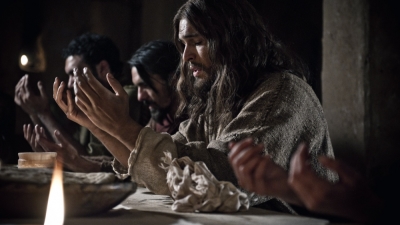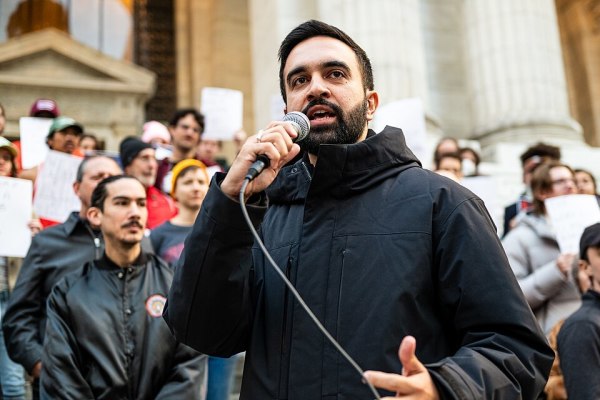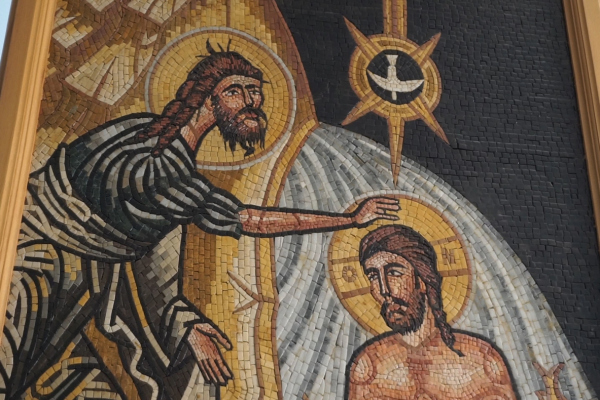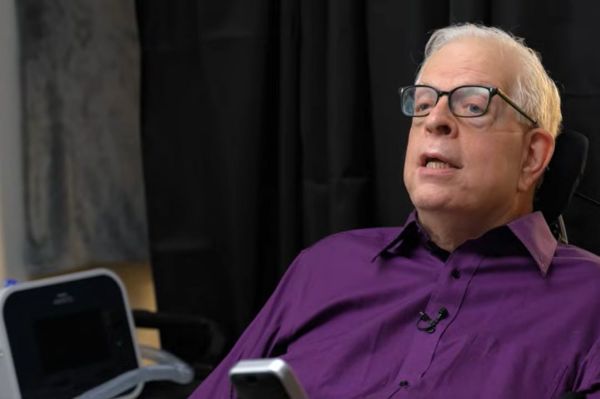Remembering at passover that the father had a timetable for everything His son experienced

As we contemplate the historical reason for the season at this time of year, the importance of God’s timing always comes to mind. I can’t help but think of a verse in Revelation Chapter 13 that talks about Yeshua as the Lamb of God who was slain from the foundation of the world:
“And all that dwell upon the earth shall worship him, whose names are not written in the book of life of the Lamb slain from the foundation of the world.”—Revelations 13:8
This tells us the Father had preplanned the whole event surrounding the crucifixion of the Messiah. As a Father, He was saying “I will determine what day my Son will die, I will determine what time He will die, and I will even determine what songs will be sung at His funeral!” The details are amazing. Every year for 1,500 years Israel unknowingly went through the dress rehearsal of binding the Passover Lamb to the horns of the altar at 9 a.m.—the very time Yeshua was being bound to the execution stake. Israel is singing Psalm 118, where we find the phrase: “God is the LORD who has showed us light, Bind the sacrifice with cords even to the horns of the altar.”
Then at noon, as the Messiah is lifted up from the earth, the multitudes are singing tepidly, as the sun goes dark for three hours, again from Psalm 118: “The right hand of the LORD is exalted; the right hand of the LORD doeth valiantly.”
Then at 3 p.m., the time of the evening sacrifice, the Messiah dies and the people again sing from Psalms 118: “O give thanks unto the Lord; for he is good: for his mercy endures for ever.”
God dictated that this event had to happen on the 14th day of the first month, or Nisan 14, as this was to be the day on His calendar that the fulfillment of prophecy would happen.
This day was to be forever remembered as the Messiah told us:
“And he took bread, and gave thanks, and brake it, and gave unto them, saying, This is my body which is given for you: this do in remembrance of me.”—Luke 22:19
We as believers according to the Messiah were to always keep the Passover in remembrance of His atoning work. Even as the Apostle Paul declared:
“For I received from the Lord that which also I delivered to you, that the Lord Yeshua on the night in which he was betrayed took bread. When he had given thanks, he broke it, and said, ‘Take, eat. This is my body, which is broken for you. Do this in memory of me.’ In the same way he also took the cup, after supper, saying, ‘This cup is the new covenant in my blood. Do this, as often as you drink, in memory of me.’ For as often as you eat this bread and drink this cup, you proclaim the Lord's death until he comes.”—1 Corinthians 11:23-26
This biblical celebration, to last for an entire week, is known as the Feast of Unleavened Bread. The day after Passover, Nisan 15 is also a Sabbath, which I believe was to be a day for us to contemplate the work of the Messiah as He was unleavened, without sin, and lay in the grave for three days until He rose again from the dead!
Many are also unaware that every year for 1,500 years before the Messiah came, Israel was also celebrating the Feast of First-Fruits during the week of Unleavened Bread. This was a dress rehearsal for the Resurrection of the Messiah and in honor of His conquering hell, death and the grave. This event happened on the first day of the week after Passover.
So now every year on the Sunday that follows Passover, we should celebrate the Feast of First fruits in commemoration of the Messiah as the first fruits of the Resurrection. This year, fortunately, we are celebrating on the right day. Some years, Christians celebrate the Resurrection a month before He dies because they are not on the right calendar. This year we are in sync with the Bible, so let us all rejoice in Messiah’s death, burial and Resurrection, and the hope that it gives!
Mark Biltz is founder of El Shaddai Ministries and a well-known and popular commentator on the feasts of the Lord. His new book, “Decoding the Antichrist and the End Times: What the Bible Says and What the Future Holds,” will be released March 5, and he is also the author of “Blood Moons” and “God’s Day Timer.” His research and theories have led to guest appearances on radio, television and magazine covers nationwide.





















